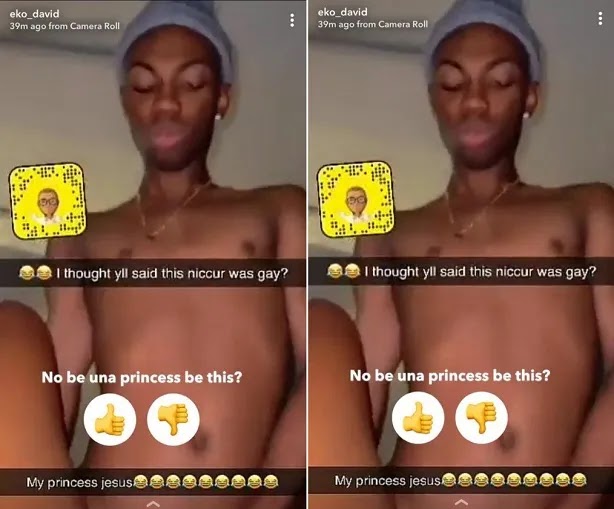Lekki Tollgate: After 4 Years, ECOWAS Court Rules Nigeria Violated Human Rights During #EndSARS Protest | #NwokeukwuMascot
News
 |
| File Image |
The Community Court of Justice of the Economic Community of West African States (ECOWAS) has ruled that the Federal Republic of Nigeria violated the human rights of Obianuju Catherine Udeh and two others.
The ruling, delivered on July 10, 2024, found Nigeria in breach of several articles of the African Charter on Human and Peoples’ Rights.
The court determined that Nigeria violated Articles 1, 4, 6, 9, 10, and 11, which pertain to the right to life, security of person, freedom of expression, assembly and association, prohibition of torture, the state's duty to investigate, and the right to an effective remedy.
The applicants, Obianuju Catherine Udeh, Perpetual Kamsi, and Dabiraoluwa Adeyinka, alleged that these violations occurred during the peaceful protests at the Lekki Toll Gate in Lagos State on October 20 and 21, 2020.
Justice Koroma Mohamed Sengu, the Judge Rapporteur, who delivered the judgment, stated that the Court dismissed the allegation that the right to life as guaranteed under Article 4 of the ACHPR was violated. However, he ruled that the Respondent must pay each applicant Two Million Naira (N2 million) as compensation for violations of their security of person, prohibition of torture, and cruel, inhuman, and degrading treatment, as well as their rights to freedom of expression, assembly, and association, the duty to investigate human rights violations, and the right to an effective remedy.
Additionally, the Respondent must adhere to its obligations under the African Charter on Human and Peoples’ Rights, investigate and prosecute its agents responsible for these violations, and report to the Court within six months on the measures taken to implement this judgment.
The applicants alleged that during the peaceful protests against the SARS Unit of the Nigerian Police Force at Lekki Toll Gate, Lagos State, on October 20 and 21, 2020, the Respondent committed several human rights violations. Triggered by the alleged killing of Daniel Chibuike, the protests aimed to end police harassment and brutality.
The first applicant’s claims include that soldiers shot protesters, resulting in deaths and injuries, which she live-streamed. She subsequently received threatening phone calls that forced her into hiding and eventual asylum.
The second applicant, responsible for protesters’ welfare, described how soldiers began shooting after a power cut, leading to her hospitalization due to police tear gas.
The third applicant recounted narrowly escaping being shot, observing the refusal of ambulance entry by soldiers, and later witnessing inadequate hospital care for victims. She argued that she and her colleagues took over the victims’ care and faced ongoing threats and surveillance, believed to be by the Respondent’s agents. The applicants sought declaratory reliefs and compensation from the Court for these violations.
The Respondent denied all claims made by the applicants, asserting that the protesters unlawfully assembled at Lekki Toll Gate on October 20, 2020, under the guise of protesting against SARS. The Respondent maintained that its agents followed strict rules of engagement and did not shoot or kill protesters. It argued that the first applicant incited the crowd by playing music and using her Instagram page to stir disaffection against law enforcement, who were targeting escapee members of Boko Haram and bandits. Meanwhile, the Respondent contended that the second applicant’s provision of logistics and welfare support indicated her support for the violent protest. It claimed that soldiers were present to restore peace until the police arrived, denying any harm inflicted on protesters and the refusal of ambulance access. The Respondent also denied that the third applicant’s presence was peaceful, asserting it was meant to escalate violence. It argued that the treatment and care of the injured were managed by the Lagos State government and submitted that the applicants had not provided credible evidence to support their claims or the reliefs sought.
In its judgment, the Court found there was no violation of the right to life as the applicants filed their claims in vitam. However, the Court held that several articles of the ACHPR were breached by the Respondent, resulting in fundamental human rights violations.
Furthermore, the Court declared that the applicants were denied the right to an effective remedy.
The Court ordered that the Respondent make reparations to the applicants for the violation of their fundamental human rights.
The members of the three-judge panel include Honourable Justices Dupe Atoki, presiding, and Ricardo Claúdio Monteiro Gonçalves.



Comments
Post a Comment